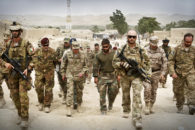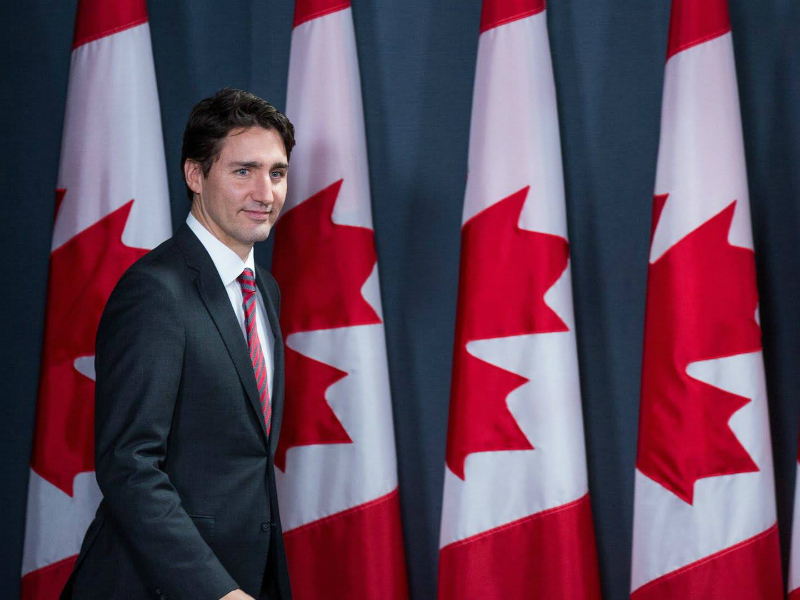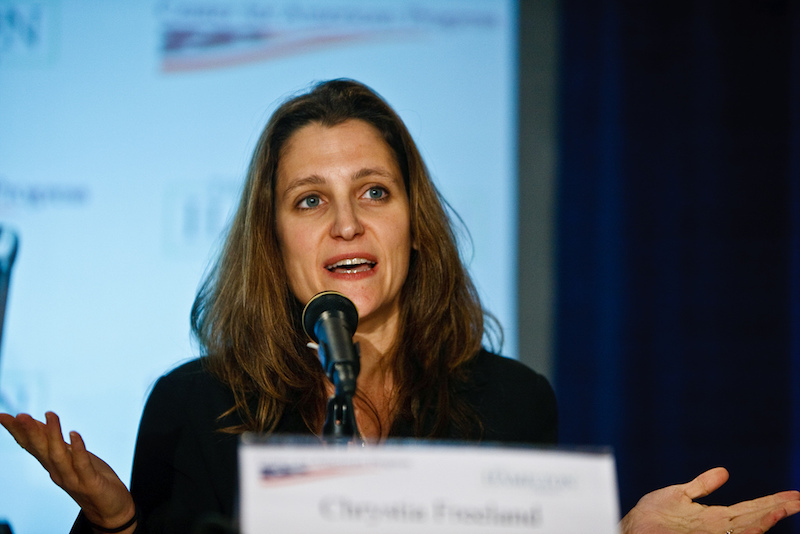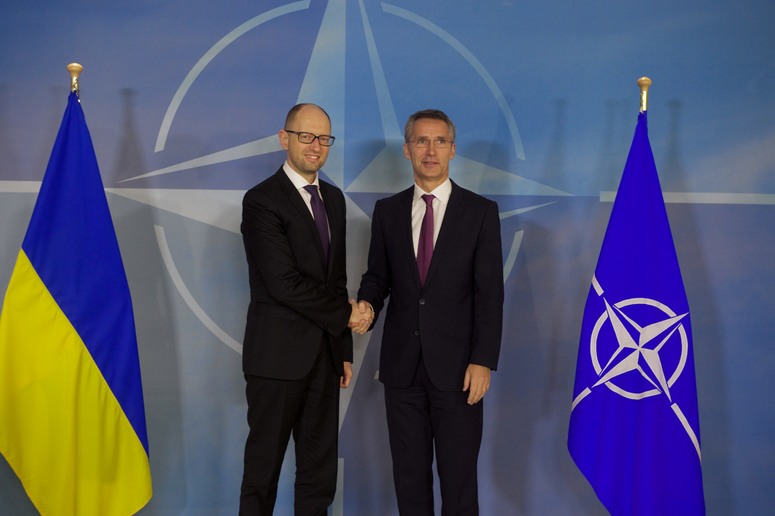The transition from the Conservative to the Liberal party has taken a drastic change in how Canada will contribute to the mission against ISIL. The Liberal government has shifted a heavily combat focused mission, to one that is more passive. Operation IMPACT, which started under the Harper administration, is the Canadian Armed Forces’ (CAF) contribution to the Middle East Stabilization Force (MESF). This operation will no longer combat ISIL in assisting its allies with airstrikes.
Under Operation IMPACT, from mid-2014 to early 2016, Canada has aided with 69 special forces advisers, 600 Canadian Armed Forces personnel, 7 CF-18 Hornet multi-role fighters, 2 CP-140 Aurora surveillance aircrafts, 1 CC-150T Polaris refueling aircraft, 1 CC-130J Hercules tactical airlifter, and 1 CC-177 Globemaster strategic airlifter. Under the new government, effective February 15, 2016, all airstrikes by the Canadian fighter aircrafts have been withdrawn.
The role the Trudeau government wants to take is to better leverage Canadian expertise, while complementing the work of the coalition partners in ensuring maximum effect. The expertise consists of refocusing military contribution by expanding advice and assist missions of the Canadian Armed Forces (CAF) in Iraq, improving living conditions of conflict-affected populations, investing in humanitarian assistance, engaging effectively with political leaders throughout the region, and welcoming Syrian refugees to Canada. The Liberal government believes that this approach covers the key areas of security, humanitarian assistance, development, and diplomacy.
The Liberal government has also consulted with its allies, and by providing this type of technique and strategy against ISIL, will serve as a key contributor. It can be argued that the US sending more troops to fight the battle on the ground against ISIL is simply playing into the hands of the jihadi fighters. In early December, NATO ruled out sending ground troops to fight ISIS militants in Syria, and this statement ushered a new solution in dealing with the conflict in Syria. It stressed the need to bolster local forces in the conflict.
The withdrawal of airstrikes has caused a commotion in parliament because the new approach is very uncharacteristic in Canadian defence policy, relative to its past actions. Statistically speaking, as of February 3, 2016, the Royal Canadian Air Force CF-18 aircraft had eliminated more than 300 ISIL targets. Canadian airstrikes focused around major cities, such as Mosul, Sinjar, and Ramadi and have been critical in liberating a good portion of the areas of Iraq controlled by ISIL.
By pulling CF-18 fighter jets, Canada is sending a message that they want to back out of the fight. However, we all know what threat ISIL poses, and even though diplomacy and humanitarian efforts are important, Canada has to contribute by air combat missions in order to be fully effective. When it pertains to security, fighting ISIL should be top priority for any government.
The success of this security transition the Canadian government is proposing depends on the strength and competence of the Syrian and Iraqi military and police. Statistically, deciphering the data of the green-on-blue attacks in Afghanistan and the rise in attacks on the Coalition forces by Afghan forces is alarming. In 2008, attacks by Afghan forces on Coalition forces accounted for 1%. By 2012, they accounted for 15% of Coalition deaths. NATO commanders have estimated that 90% of attacks are due to cultural differences and personal enmity.

Canada has to be aware that there are beneficial factors of combating ISIL through diplomacy and humanitarian efforts, but ultimately how effective are we really being to the international community? When it boils down to it, fighting terrorism is the fight of our generation, and we should be on the front line with our allies.
Training local forces to combat the enemy in their own country can have repercussions. We can provide the training, but at the end of the day, we have to consider the fact if these methods are effective on the battlefield. Cases of Iraqi soldiers joining ISIL have shown to be on the rise. ISIL bribes and easily persuades soldiers to join by way of monetary funds or plain protection. On the contrary, if captured these soldiers can be tortured, kicked out of their home, and in worse case scenarios have their family members killed.
The role taken by the Trudeau government are certainly beneficial to the overall cause of disassembling and eliminating ISIS, however, we need to be in the front lines by doing the heavy lifting with our allies. Fighting ISIL should be the main priority, and if we are to pull out from this mission, then the ultimate question is; which mission will be the right mission?
Photos courtesy of U.S Army (Flickr) and Canadian Prime Minister (Youtube).
Disclaimer: Any views or opinions expressed in articles are solely those of the authors and do not necessarily represent the views of the NATO Association of Canada.




